Have you ever wondered what exactly goes into securing construction contracts? Surely, terms like “tender” and “bid” crop up frequently, but do they mean the same thing? Let’s delve into the specifics and clarify the confusion surrounding these terms.
What Sets a Tender Apart from a Bid?
In the realm of construction, the procurement stage often involves the strategic use of tenders and bids. But contrary to common belief, these terms highlight different aspects of the process. A tender is essentially an invitation. It’s a document issued by a client seeking construction services, detailing the project requirements and inviting qualified contractors to submit their proposals. This process ensures that a wide variety of offers can be considered.
On the flip side, a bid is the contractor’s response to that invitation. It includes details like pricing and the method of project execution. This is where contractors highlight their unique capabilities and why they should be considered for the project.
How Do Organizations Execute the Bidding Process?
When a business wants to embark on a construction project, it often seeks the best team for the job by issuing a bid invitation. Interested companies must then navigate through a tender process, which might include pre-qualification stages depending on the project complexity.
Bidders prepare detailed documents showcasing their approach, cost, and qualifications. After submission, the client reviews these bids against criteria such as price competitiveness and the contractor’s track record.
Exploring the Nuances of Bidding in Tender
Bidding isn’t just about stating a price; it’s about proposing a comprehensive plan to manage and execute a construction project. Clients assess these proposals on various fronts to ensure they choose a partner who can not only deliver on time but also handle the financial and logistical complexities of the project.
Successful bidding leads to a contractual agreement, ensuring both parties adhere to stipulated terms, making the process predictable and secure for both the client and the contractor.
The Art of Successful Bid Writing
Writing a bid is no trivial matter; it’s an art that marries clarity with persuasion. There’s no universal template—each bid must mirror the project’s unique demands and the contractor’s distinct abilities.
To pen a winning bid, understanding the tender evaluation criteria is crucial. This awareness guides the preparation, ensuring the bid addresses all critical points decisively.
While some companies house expert bid writers, others might find value in consulting with professional tendering services to enhance their proposals.
Why Good Bid Writing Matters
Beyond meeting the basic requirements, a well-crafted bid positions a business as credible and capable. It’s not just about competing on cost but also about demonstrating a clear, executable plan that aligns perfectly with the client’s objectives.
Conclusion: Tender versus Bid – Clearing the Confusion
In summary, while the terms tender and bid are often used interchangeably, they serve different purposes within the construction procurement process. Understanding these differences can significantly enhance how companies participate in this competitive arena. Effective bidding, supported by robust bid writing, ultimately sets the stage for securing and successfully executing construction contracts.
Frequently Asked Questions
- What is a construction tender?
A construction tender is an official invitation issued by a client outlining project details and requesting submissions of bids from contractors. - How does a bid differ from a tender?
While a tender requests proposals, a bid is the actual proposal submitted by a contractor expressing the desire and plan to undertake the project. - What is included in a bid?
A bid typically includes pricing, project execution plans, and evidence of qualifications and previous successful projects. - Why is good bid writing important?
Effective bid writing ensures that a proposal is clear, competitive, and aligns with the client’s criteria, thereby increasing the chances of winning the project. - Can businesses get help with bid writing?
Yes, businesses can recruit the help of professional tender consultants to enhance their bid writing, ensuring adherence to guidelines and improving overall quality.












